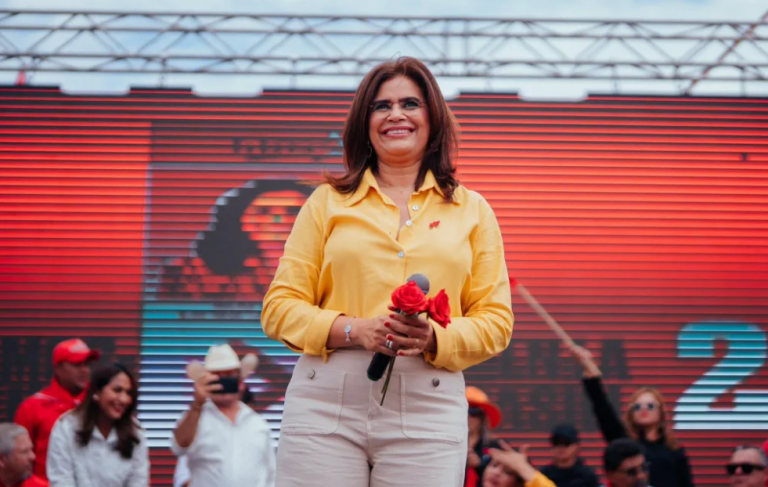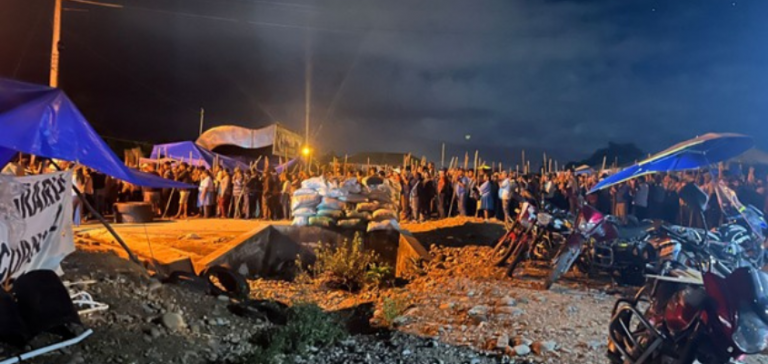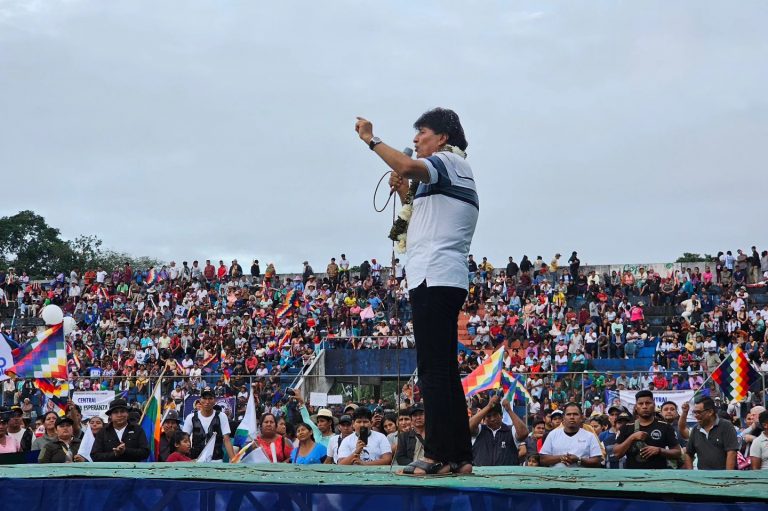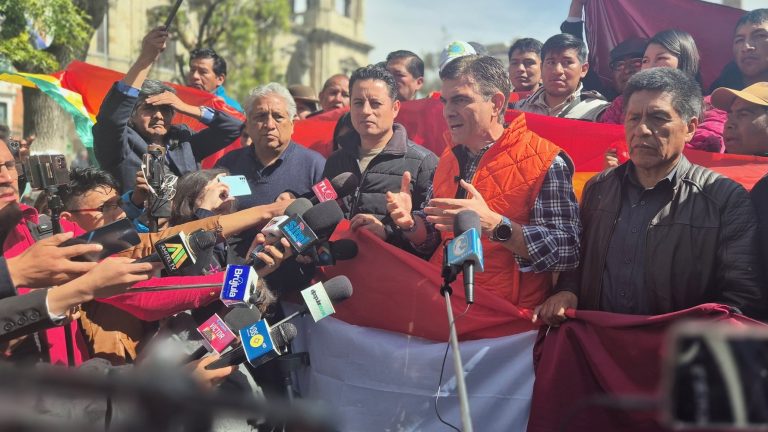The Quiet Plot To End Progressive Government In Honduras
Trump’s gunboat diplomacy in the Caribbean grabs the headlines, while quieter moves to destabilize other progressive Latin American governments go unnoticed by corporate media. A key case is a plot that would create chaos enabling a neoliberal candidate to be declared victor, with Washington’s connivance, in Honduras’s elections on November 30.
At stake is four more years of progressive government or – otherwise – returning to the neoliberalism that prevailed after the US-backed military coup in 2009. The electoral defeat of progressive parties in Ecuador and Bolivia earlier this year, and the uncertain chances of progressive candidate Jeannette Jara in Chile’s elections this month and next, mean that Honduras is a crucial test.















